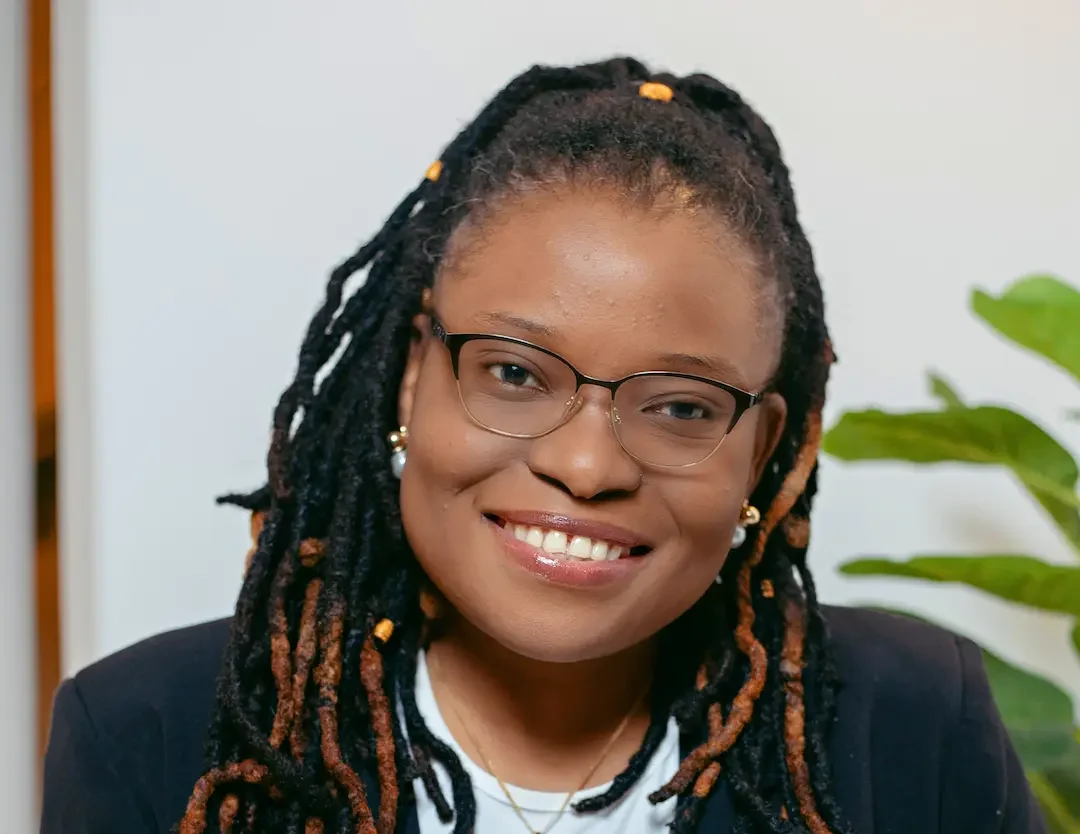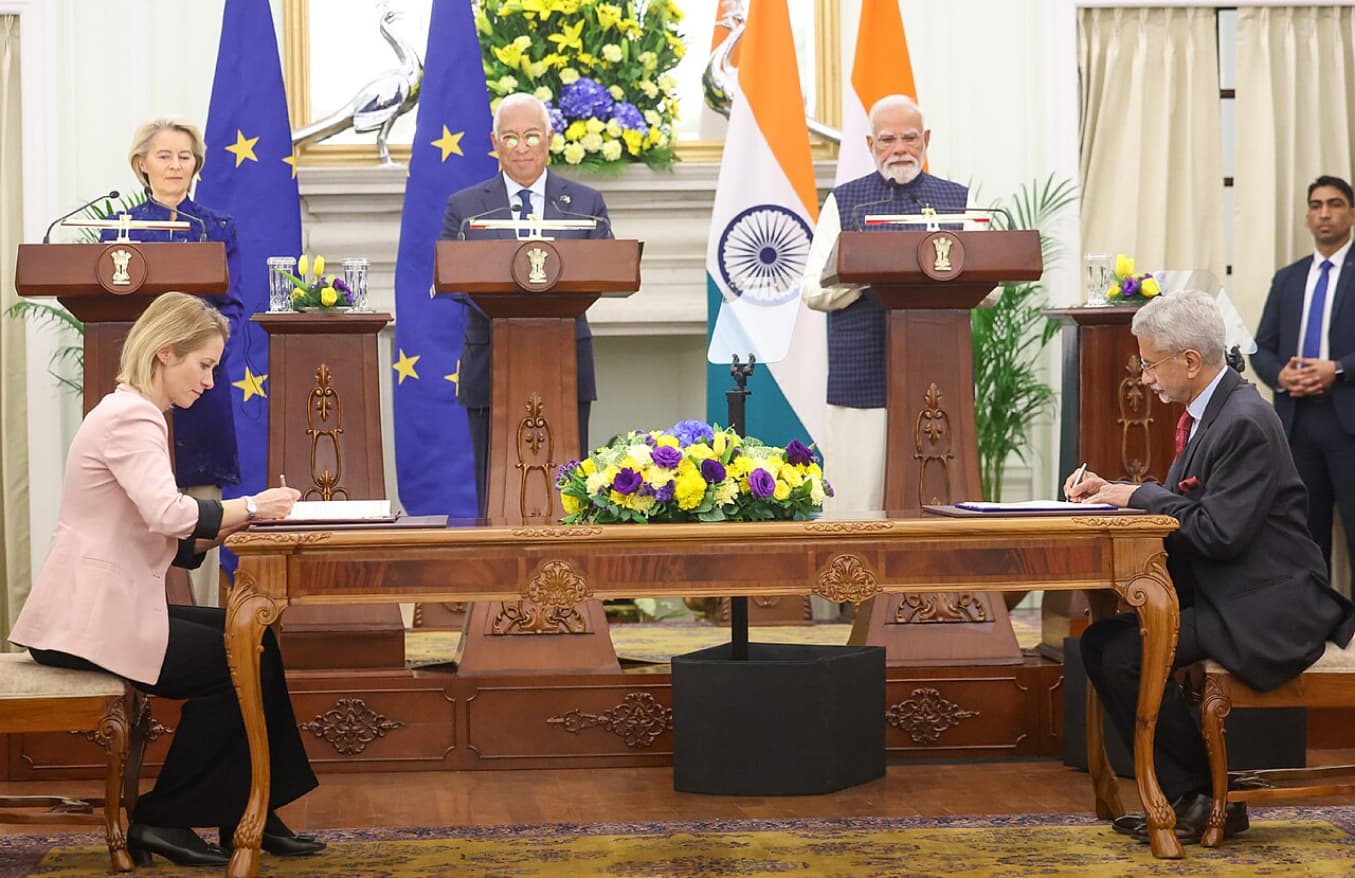From Hospital Wards to Global Leadership in Public Health
Not all visionaries begin with a grand plan. Some discover their purpose in the trenches of everyday reality, where compassion confronts systemic barriers. In the intersection of healthcare access, gender justice, and community empowerment stands a remarkable leader who has transformed personal conviction into global impact.
Pierrette Kengela has never approached her work conventionally. Beginning as a nurse in a public hospital in Kinshasa, Democratic Republic of Congo, she witnessed suffering that could have been prevented—experiences that ignited a determination to address not just symptoms but systems. From those early days to her current position as Founder and Executive Director of both JOY4ALL NPC and J4A Public Health Consulting, Kengela has built a career dedicated to dismantling barriers to health equity across more than 40 countries.
“Witnessing suffering that could have been prevented sparked my resolve to not just treat illness, but to dismantle the systems that cause it,” Kengela reflects. “What drives me is a vision: that no woman or child should be left behind because of where they were born, their race, or the body they were born into.”
From Frontline Care to Systems Change
Kengela’s journey from hospital nurse to global health leader represents more than professional advancement—it embodies her evolving understanding of how change happens. As a public health expert working across continents, she discovered the profound impact of coordinated community action. This experience, combined with her lived reality as a Congolese woman, shaped her commitment to advancing health equity through both grassroots interventions and systemic reform.
Her work across more than 40 countries, including complex humanitarian and conflict-affected settings, has provided unique insights into effective leadership in challenging environments. Rather than defining leadership through titles or organizational hierarchy, Kengela’s approach centers on deep listening and human connection—particularly with those whose voices are often marginalized.
“When engaging with survivors of sexual violence who sometimes don’t speak much but their silences are thunderous, I realized that while policy and funding are essential, healing begins with dignity and trust,” she explains. “I knew then that leadership in humanitarian settings isn’t about title or being the loudest voice in the room, or how many reports you submit. It’s about listening deeply, acting strategically, connecting with the context, the people, and never losing sight of the humanity behind the data.”
This philosophy has guided her extensive work in sexual and reproductive health and rights (SRHR), maternal, newborn, child, and adolescent health (MNCAH), and gender-based violence (GBV) prevention—areas where technical expertise must be balanced with cultural sensitivity and community trust.
Building Complementary Platforms for Change
Recognizing that effective change requires multiple approaches, Kengela established two complementary organizations. JOY4ALL NPC, founded in 2013, focuses on community-based programs that support youth, women, and marginalized populations. J4A Public Health Consulting, launched in 2020, provides strategic advisory services to governments, donors, and multilateral agencies.
“JOY4ALL NPC was birthed from a simple yet powerful conviction—that every person, regardless of where they were born, deserves access to joy, justice, and opportunity,” Kengela shares. “Through JOY4ALL, we design community-based programs, train frontline workers and peer mentors, and support youth, women, and marginalized populations with tools to reimagine their futures.”
This grassroots work is complemented by J4A Public Health Consulting’s high-level strategic engagement. “J4APHC is our strategic advisory arm—our interface with governments, donors, multilateral agencies, and global movements,” she explains. “J4APHC provides technical expertise in policy development, system strengthening, technical support, proposal design, research, gender integration, executive coaching, and strategic partnerships.”
The synergy between these organizations embodies Kengela’s leadership model: “Local wisdom meets global strategy. Passion meets precision. People meet policy. That’s how we drive holistic, lasting change, not in silos, but in solidarity.”
Digital Innovation with Human Connection
In an era of rapid technological advancement, Kengela views digital health as a potential equalizer—but only when developed with intention and inclusion at its core. Her approach to digital health emphasizes co-creation with communities, ensuring that technology extends rather than replaces human connection.
“Digital health is undeniably a game-changer but only when it’s inclusive, context-sensitive, and designed in true partnership with the communities it seeks to serve,” she notes. “Technology in public health must do more than deliver services; it must restore agency, convenience, dignity, and trust.”
Her involvement in developing AI-powered tools like chatbots for mental and sexual health support exemplifies this philosophy. These innovations are designed not as standalone solutions but as bridges to equity for those who might otherwise fall through the cracks of overburdened health systems.
Kengela’s commitment to digital empowerment extends to education as well. In January 2025, she launched the JOY4ALL Academy, an e-learning platform that equips current and emerging leaders with knowledge on gender justice, SRHR, nonprofit leadership, and digital innovation. “It’s where we prepare the next generation of changemakers to lead with both skill and soul,” she explains.
Cultural Sensitivity and Contextual Understanding
Throughout her career, Kengela has worked across diverse regions with varying cultural contexts. Her approach to creating inclusive and culturally sensitive programming begins with humility and deep listening.
“I never enter a community assuming I have the answer, no matter how many countries I’ve worked in or how much technical knowledge I carry,” she emphasizes. “Every context has its own ecosystem of values, power dynamics, unspoken trauma, and hidden resilience. That’s why we start by listening, not just to data, but to people.”
This approach includes consulting with a wide range of stakeholders, from elders and faith leaders to youth groups and survivors. Kengela believes that wisdom doesn’t always reside in formal settings: “We consult women in the marketplace as much as we do ministry officials, because the wisdom we need doesn’t always sit behind a desk.”
Her work incorporates intersectional frameworks that acknowledge the layered realities of identity, gender, age, ability, class, and ethnicity, and how these intersect with systems of power and oppression. Whether addressing sexual exploitation and abuse, peacebuilding in post-conflict zones, or gender-based violence in fragile settings, Kengela and her teams localize every intervention—aligning with cultural values where possible and challenging harmful norms where necessary, but always in partnership with those most affected.
“Context isn’t a backdrop, it’s the terrain,” she notes. “You can’t transplant a model from one country into another and expect transformation. My work in the Sahel is different from my work in the Eastern Cape province in South Africa. What remains consistent is the principle of co-creation.”
Writing as Advocacy and Transformation
For Kengela, writing serves as both a personal healing practice and a powerful tool for structural change. Her book, “Legacy Empowered,” transcended typical publication impact to become what she describes as “a manifesto for intergenerational healing, a mirror for many people to see their purpose and strength reflected back at them.”
“Writing has always been my bridge between evidence and empathy, between lived experience and established powers,” she explains. “It’s my way of ensuring that my voice or historically silenced communities do not disappear into footnotes.”
The impact of her written work extends beyond inspiration to policy influence. A recent policy brief co-authored for the African Union urges leaders to center climate justice, reproductive autonomy, and intergenerational equity in continental frameworks. “We’re calling not just for reform, but for climate reparations measured from a zero-baseline, challenging the AU to recognize how historic exploitation and ongoing inequality are robbing future generations before they are even born,” she shares.
For Kengela, these documents are “weapons of peace, infused with truth and data, demanding that policies catch up to the realities people live. Writing, for me, is both a form of healing and a tool for structural change. It’s where liberation is first imagined, and then insisted upon.”
Balanced Leadership Across Contexts
Moving between grassroots realities and high-level policy spaces requires a unique form of leadership agility. Kengela describes her approach as being a bridge between these worlds, carrying insights from communities into boardrooms where systemic decisions are made.
“I move fluidly between the field and the boardroom, not out of convenience, but out of necessity,” she explains. “One space shows me the faces behind the numbers; the other holds the levers of systemic change. My role is to be the bridge between them.”
This bridging function involves translating lived experiences into the language of policy and ensuring that technical frameworks remain grounded in human realities. “A perfectly written logframe is irrelevant if it can’t hold the realities of a teenage girl navigating violence or stigma,” she notes.
Her approach to building partnerships reflects this balanced perspective, emphasizing “clarity, mutual respect, and shared ownership.” She advises: “Don’t just bring partners to the table, let them co-create the menu. The most sustainable programs succeed because communities were treated as equals, not just beneficiaries.”
Empowering the Next Generation
Mentorship and youth empowerment remain central to Kengela’s vision for sustainable change. Her strategies for empowering women and youth in marginalized communities focus on creating environments where potential can flourish.
“Three things: safe spaces, intentional mentorship, and access to income-generating opportunities,” she shares. “We don’t just train women and girls, we connect them to other education opportunities, micro-enterprises. We don’t just host youth dialogues, we build youth committees, ambassadors, and influencers. Empowerment is not a workshop. It’s a continuum of support.”
Her advice to young changemakers in health and development reflects both practical wisdom and inspirational encouragement: “You don’t need permission to start. But you do need vision, consistency, authenticity, and integrity. Be bold. Be excellent. Change is a relay, not a solo sprint—build with others.”
Looking Forward: A Legacy of Radical Hope
As she looks to the future, Kengela envisions expanding her impact through scaling the JOY4ALL Academy and deepening her work in AI-driven digital health access. However, her most profound aspiration centers on the people whose lives she touches.
“I want my legacy to be one of radical hope—not the kind that waits passively for change, but the kind that builds it with intention, resilience, and vision,” she reflects. “I want to be remembered as someone who refused to accept that injustice is inevitable or that marginalization is the cost of progress. Someone who not only challenged systems, but who brought bold strategies and innovations to transform them, redefining what’s possible in the public health, social justice, and leadership sector.”
Beyond systems change, Kengela hopes her most lasting impact will be on individuals: “More than that, I want to be remembered as someone who lifted others up, who supported people in taking their lives into their own hands, reclaim their narratives, and move their own legacies forward. Whether it was a young activist, a grassroots leader, or a fellow woman navigating systems of exclusion, I want them to say after meeting me, ‘NOW, I believed I could lead, build, and rise.’”
By continuing to build bridges between community wisdom and global policy, Kengela exemplifies a new model of leadership in public health—one that values both evidence and empathy, that moves fluidly between grassroots action and systemic change, and that remains fundamentally committed to a world where health equity is not just an aspiration but a reality.






